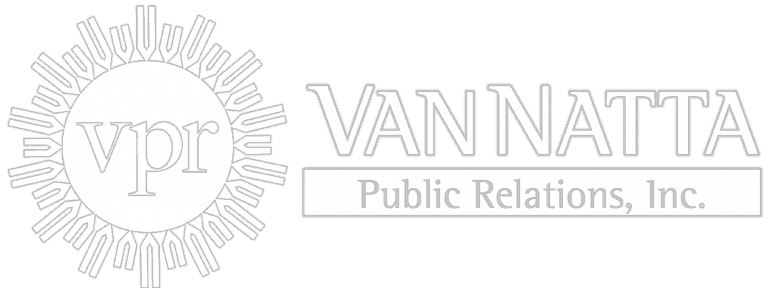By Mary Louise VanNatta, APR, CAE
Do you sometimes feel you are the ringmaster in your business’ three-ring circus? Barking orders, keeping the monkeys from creating a ruckus, and the tigers from eating the guests? Is your environment distracting with multiple acts vying for attention?
Some businesses have an improvisational culture and run on “circus energy.” These businesses feel constrained by pre-planning and system development. They are more inclined to “go for it” and make adjustments on the fly. Instead of “ready, aim, fire,” it’s “fire and try to curve the bullet in mid-air” like they live in the Matrix.
Many organizations get into trouble when they treat chaos as a regular part of work. If people aren’t running around in a panic, then there is a feeling that work isn’t getting done. In reality, there’s only so much stress your staff and stakeholders can tolerate. Lots of time, money, and energy can end up wasted in an unnecessarily highly tense environment. Even if businesses are charting new territory or experiencing a crisis (i.e., COVID-19, wildfires), they can still face these challenges calmly and confidently. Even some of the most intense work environments (like an emergency room) practice and prepare to function calmly and orderly during a crisis. You can too. Here are some tips to reduce chaos at your business:
- Identify risks beforehand: While problems are unavoidable, a bit of pre-planning can significantly reduce stress. Think about issues in advance and come up with possible solutions. How do you know if things are “going wrong.” How do you plan to course correct?
- Research best practices: If you have a problem, chances are someone else has already found a solution. Before starting a business, doing a project, or implementing a new system, learn from past successes and failures. This kind of planning will put you on the right track from the beginning.
- Understand your capabilities: make sure in advance that your team has the right skills and resources they need to succeed. Having to learn on the fly is extremely stressful for everyone. Having a solid skill foundation allows everyone to deal with problems as they come more effectively. If you have one or two people who contribute to the anxiety, work with them individually to manage their emotions, so it doesn’t affect the entire team.
Of course, we all like going to a fair or circus sometimes. While the energy is intriguing and exciting, it can’t last and will eventually wear out your team. Best to let it pack up and leave town.



